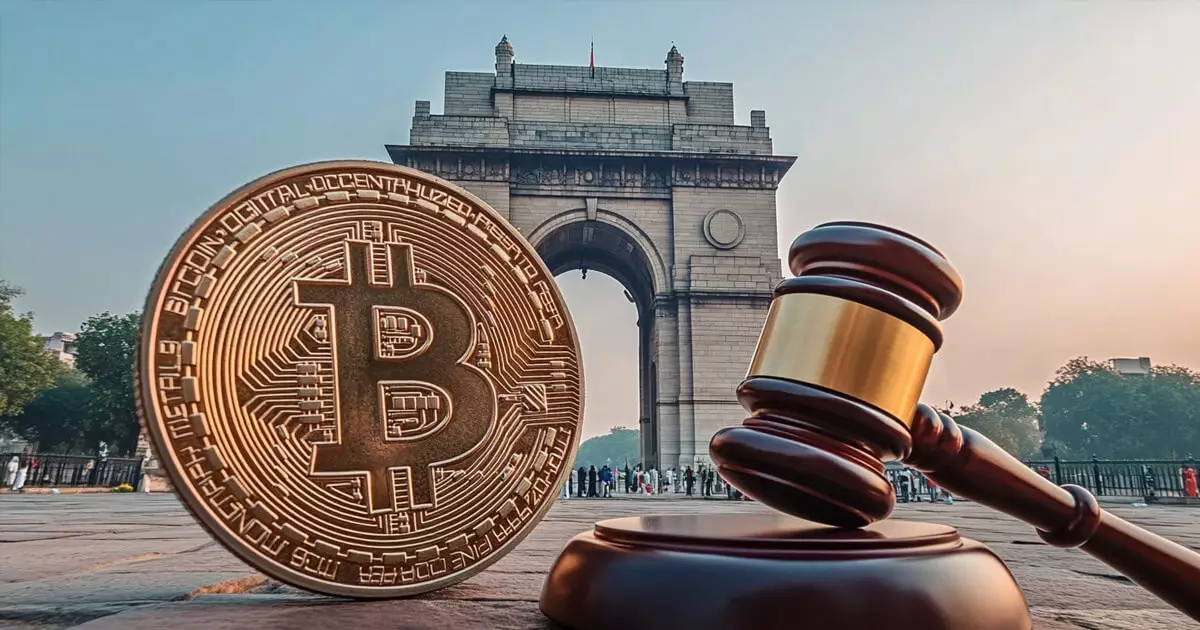The Indian government is taking proactive steps to introduce comprehensive regulations for the crypto sector, signaling a commitment to establishing a regulatory framework for digital currencies in the country. The upcoming plan includes the release of a consultation paper in the coming weeks, aimed at soliciting feedback from stakeholders. This initiative aligns with Finance Minister Nirmala Sitharaman’s statement highlighting the need for unified crypto regulation among G20 nations.
Led by the Secretary of the Department of Economic Affairs (DEA), a panel is working on drafting the consultation paper expected to be published between September and October. The paper will cover various aspects of crypto regulation, such as identifying responsible regulatory bodies, outlining necessary components of a regulatory framework, and proposing an implementation timeline. This comprehensive approach underscores India’s strategy to address the risks associated with cryptocurrencies, especially in emerging economies where financial stability concerns are heightened.
Importance of Regulatory Mechanisms
Economic Affairs Secretary Ajay Seth emphasized the importance of robust regulatory mechanisms in light of the significant risks that cryptocurrencies pose, particularly in developing markets. The recent ban on nine offshore crypto platforms in 2023 for violating the Prevention of Money Laundering Act (PMLA) demonstrates the government’s commitment to enforcing regulations in the sector. However, the re-entry of platforms like Binance after meeting new registration requirements indicates a balance between regulation and fostering growth in the crypto market.
Despite regulatory uncertainties and a stringent tax environment, crypto usage in India has seen remarkable growth. An estimated 115 million Indians are currently involved in crypto investments, representing about 15% of the population aged 18 to 60. This surge in adoption is largely driven by young investors, especially those under 30, who see digital assets as a long-term investment opportunity. India’s position as one of the largest markets for digital assets globally reflects the growing interest in cryptocurrencies among its population.
The Indian government’s efforts to introduce comprehensive regulations for the crypto sector are a significant step towards creating a clear regulatory framework that addresses the risks associated with digital currencies. By soliciting feedback through a consultation paper and establishing responsible regulatory bodies, India aims to build a sustainable environment for crypto investments while ensuring compliance with existing laws. As the crypto market continues to evolve, proactive regulation will be essential in safeguarding investors and promoting responsible growth in the sector.















